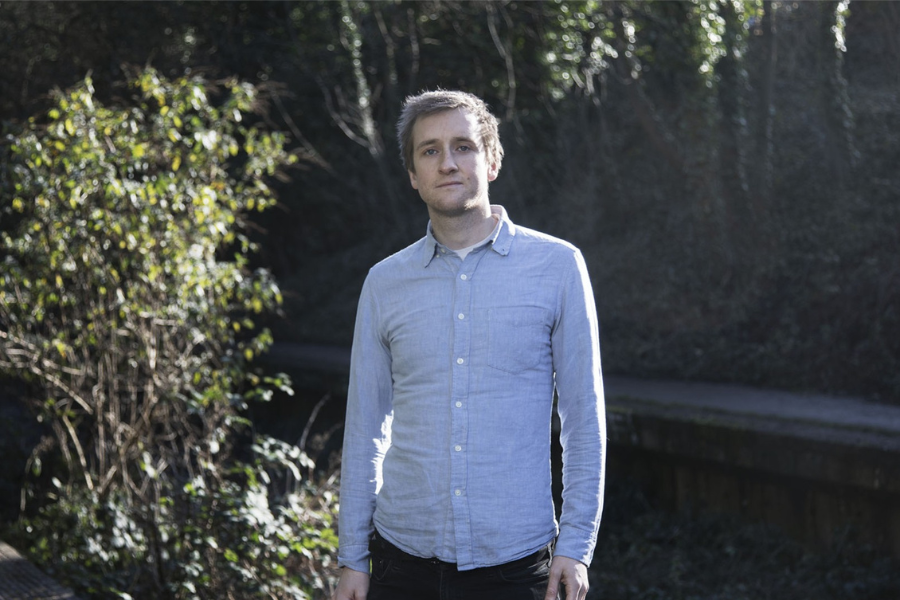


Psychotherapeutic Counselling student publishes insightful findings about probation system
A trainee counsellor from Capital City College has written and published a study on the role of counselling within the probation system.

Capital City College (CCC) student Edward Thacker, who recently completed the Counselling: Psychotherapeutic – Level 5 Diploma (CPCAB), has published an article in Probation Quarterly. The magazine is published by the Probation Institute, and shares articles relevant to practitioners and researchers working with people on probation and victims across the private, public and voluntary sectors.
Edward’s article, titled Counselling in the Probation Service – Counselling for Social Control or Social Liberation? appeared in the June 2025 issue (Issue 36) of Probation Quarterly. The piece studies the role of counselling within the UK probation system, asking whether it serves as a tool for social control or a path to social liberation. In writing the article, Edward drew some of his conclusions from an interview with Denise Stevens, founder of a free counselling service for people on probation in Essex. During the interview, Denise, who is also a former probation practitioner, discussed the challenges and opportunities of offering therapeutic support in the probation service.
The key findings from Edward’s study can be broken down as follows:
- Confidentiality: While the service aims to build trust, it must also comply with legal requirements, such as reporting if a client discloses a new offence. This tension highlights the challenges of offering truly confidential support within a justice setting.
- Coercion vs. Choice: Some clients are referred to counselling as part of a court order. While this raises concerns about coercion, many clients choose to continue voluntarily after experiencing the benefits of the service.
- Social justice focus: Denise and her team recognise the impact of poverty, addiction, and mental health on offending. Their work aims to empower clients, not just to reflect on their lives, but to begin rebuilding them.
Edward concluded his article by calling on the counselling community to reflect on its role within state institutions and to explore how it can support broader social change.
Edward said: “This study is a reflection on the role of the counselling profession within carceral spaces, and a call to imagine forms of support rooted in solidarity rather than surveillance. I’m interested in how liberatory relationships can exist – however temporarily – within state institutions.”
If you’re interested in gaining a counselling qualification, take a look at our Counselling Courses.
King’s Cross
London
WC1X 8RA
United Kingdom Contact Us


